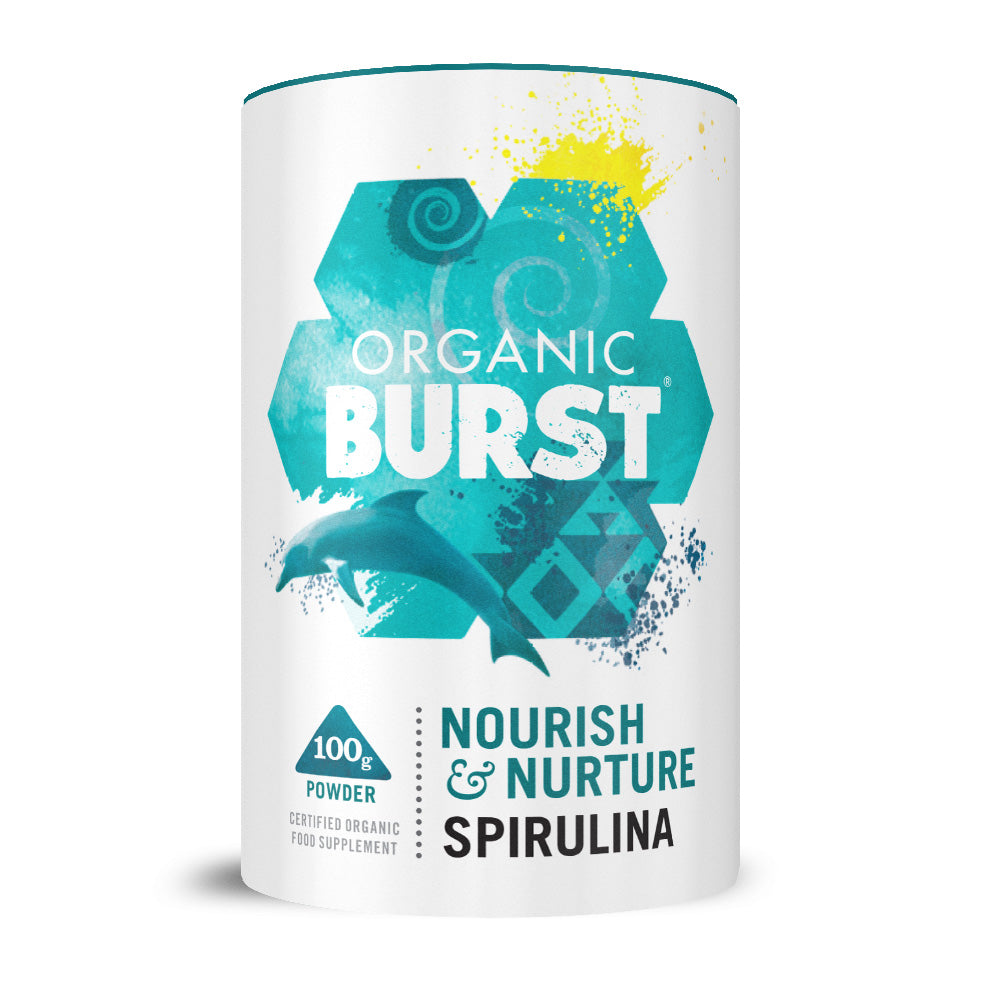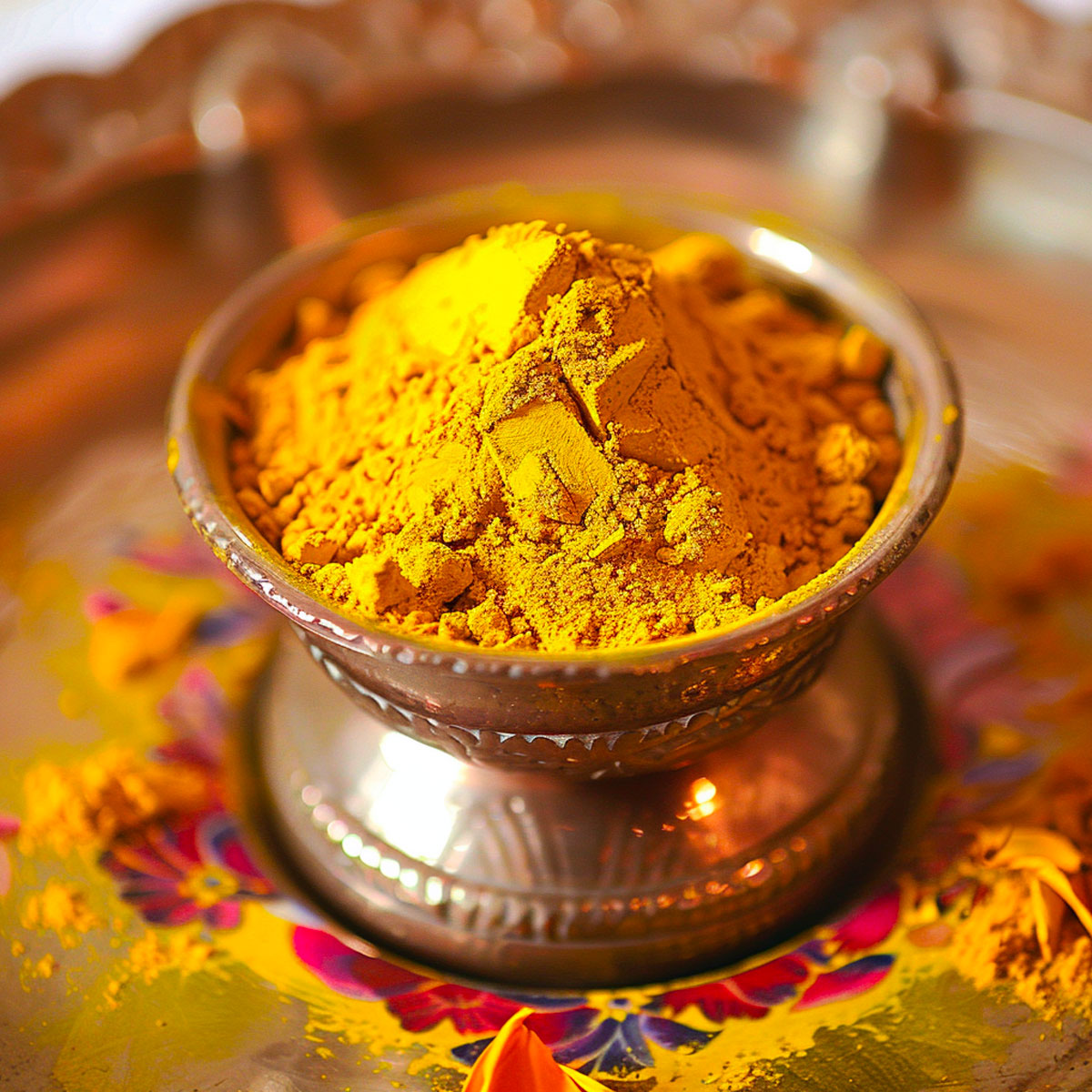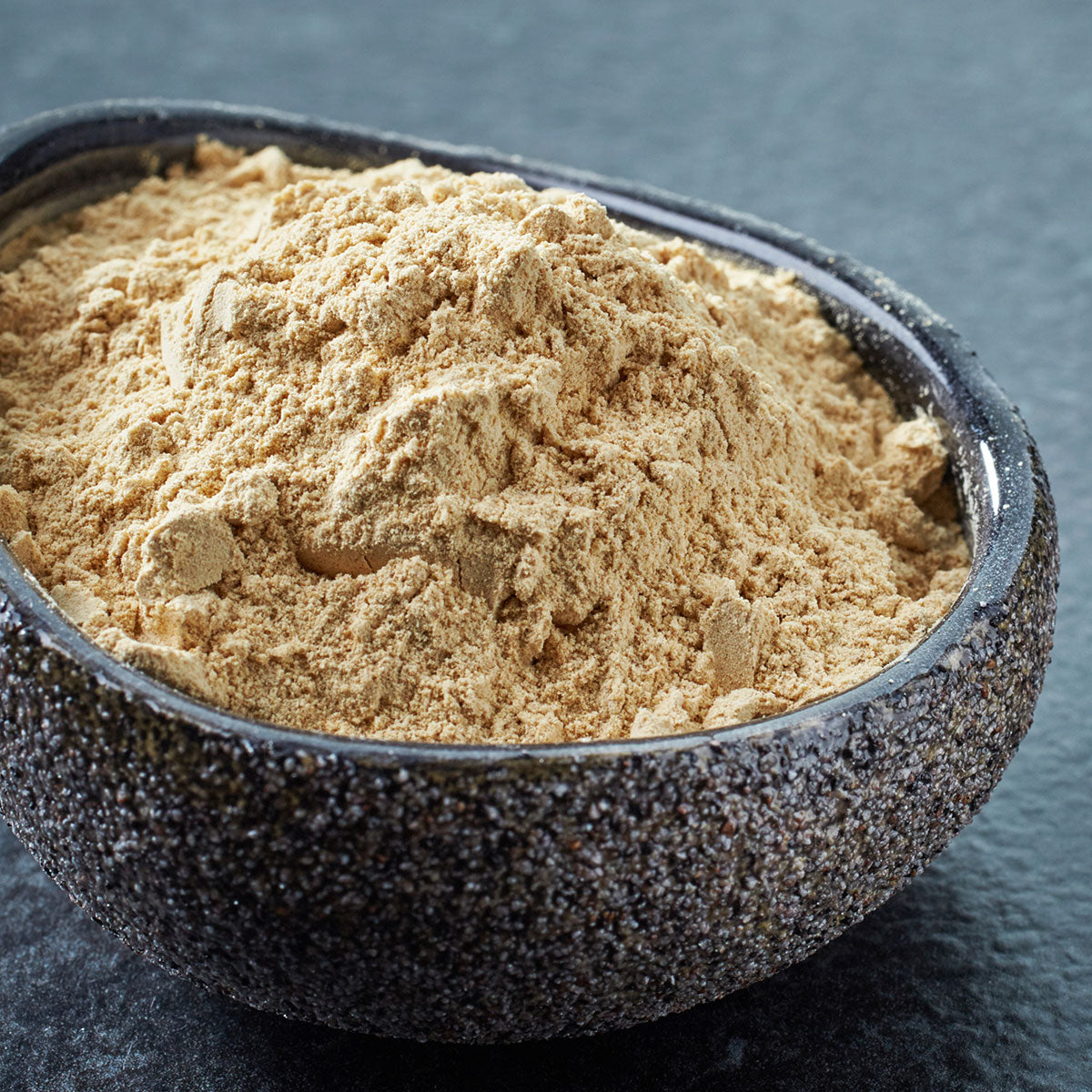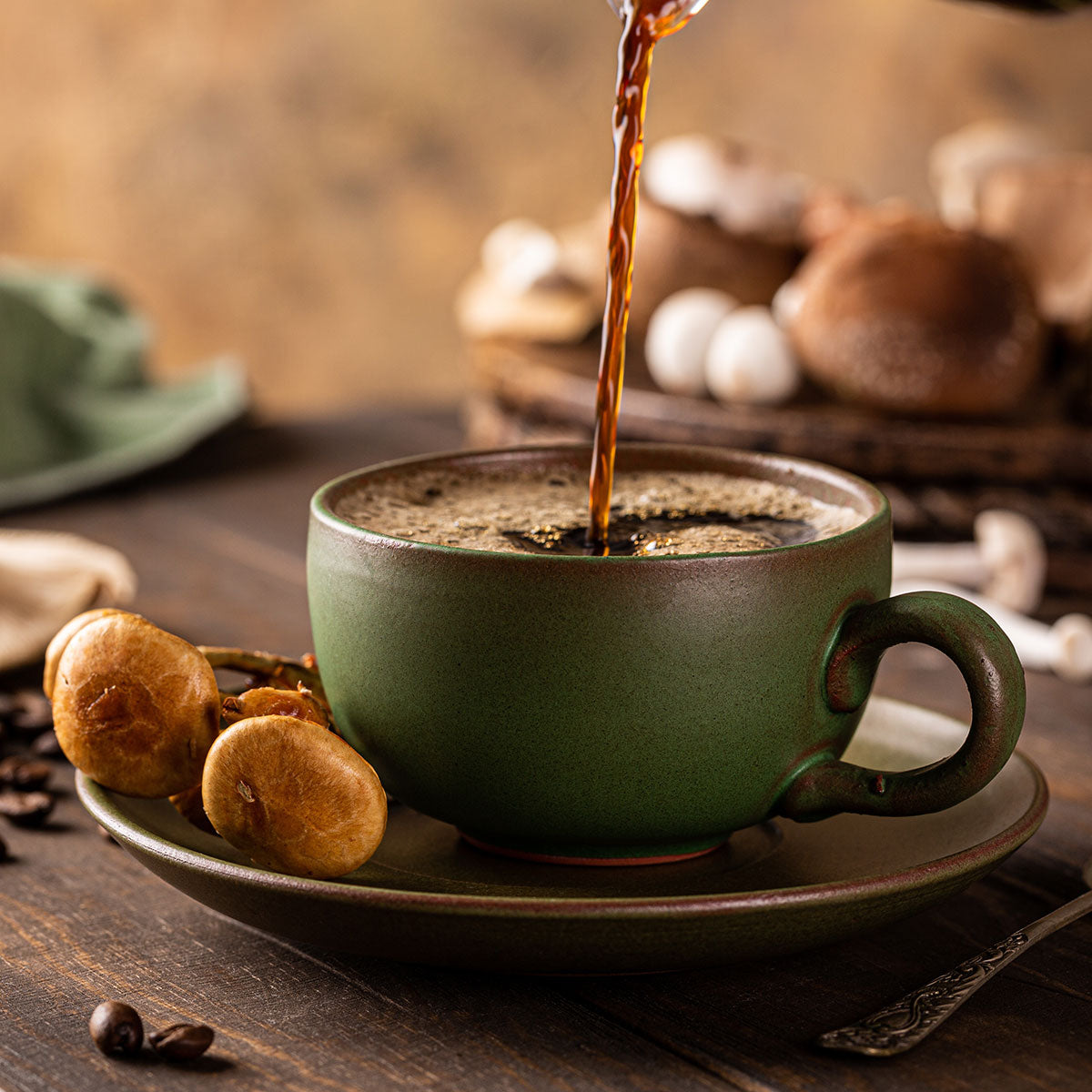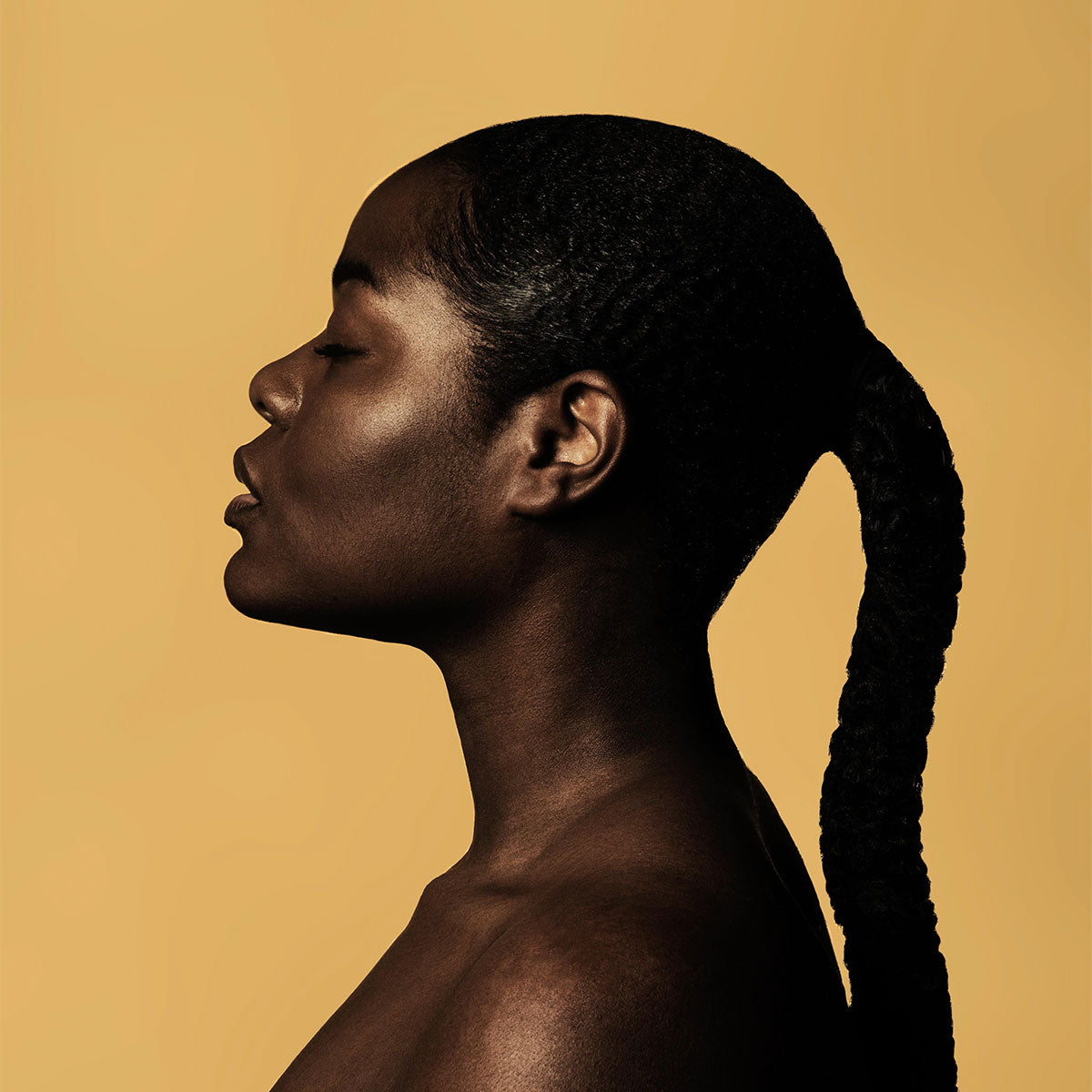- Deal with dry, oily, slow-growing or weak hair
- Choose the right foods to help you get gorgeous, shiny locks
- Try our lifestyle tips and natural hair care miracles!

Claire, over to you:
Eating well is the root to great hair health; after all, it’s the second fastest growing tissue in the human body (after bone marrow). Our hair grows about 1cm per month, which is just amazing! It’s no wonder that nutrient deficiencies are responsible for most common hair issues. Let’s go through them one by one:
Dry Hair
Dry hair, and often dandruff, are signs that the skin of the scalp isn’t functioning as well as it should be. The perfect way to improve this condition is by hydrating the skin cells on the scalp and hair follicles with essential fats and Vitamin A, which is involved in the production of our natural oils.
- Oily fish are the absolute best source of essential fatty acids or EFAs, go for mackerel, salmon, sardines, anchovies, herring. Eat 2-3 portions of fish a week.
- Vegetarian sources of essential fats include flax oil, walnuts (and other nuts & seeds), avocados, olive oil. Eat at least portion of these healthy fat foods per day.
- Vitamin A is converted in the body from sources of beta carotene, a green and orange pigment found in green veggies, sweet potato, carrots, squash – just go with the colours! Organic Burst Wheatgrass powder provides a great dose of Vitamin A – over 30,000iu per 100g.
- Poor digestion, imbalanced gut bacteria and food intolerances are often responsible for dry and fragile hair, because they can prevent you from absorbing nutrients optimally. If this is ringing some bells for you, it's worth getting your symptoms checked and trying Organic Burst Chlorella, which benefits your balance of gut flora.
Slow growth, fading colour and hair loss are often down to a lack of zinc, iron and lysine (an amino acid). Here’s what to eat to pack these hair boosters into your diet:
- Seafood is a great source of zinc, or go for pumpkin seeds if you’re a veggie.
- Brilliant places to get your iron are: Meat, fish, dark leafy greens, organic dried apricots and dark chocolate!
- Organic Burst Spirulina is a bit of a wonder for hair as it contains iron, zinc, B Vitamins and lysine.
Oily Hair
For hair that’s on the oily side, watch out for an insufficiency of B Vitamins. These, as well as Vitamin C are used up in times of stress, so try to chillax and deal with your stresses if possible, as well as choosing your foods wisely. The B Vitamin heroes are:
- Meat of all varieties, just go for the highest quality, organic and grass fed you can afford.
- Eggs deliver biotin (Vitamin B7) which is especially important for hair. Organic Burst Chlorella is another great source of biotin, plus it contains copper, which is involved in healthy hair pigmentation (colour).
- The very best veggie and vegan sources are: Watercress, mushrooms, broccoli, alfalfa sprouts, asparagus, brown rice.
If your hair is weak, you can give it some support by making sure you have lots of good sources of protein in your diet – this is what your hair is made of, along with Vitamin C that helps to keep the follicles working their best. You know the drill, but here we go:
- Meat, fish, eggs, goat's cheese, Greek yoghurt are all wonderful sources of complete protein.
- Organic Burst Spirulina contains 60-70% protein, which is actually more absorbable than the protein in meat!
- Nuts, seeds, sprouted beans and seeds are fab vegan sources of protein.
- For your Vitamin C eat plenty of berries, kiwi fruit, broccoli, peppers.
As well as eating well and saving your hair from the consequences of nutritional deficiencies, there are some lovely practices that can improve hair whilst boosting your wellbeing generally, here are our top tips:
- Scalp massage – go for an Indian head massage, or spend a couple of extra mins when washing your hair.
- Head stands and all inversion postures in yoga are fantastic for promoting the circulation to your scalp.
- Treat your hair once a week with a teaspoon of melted coconut oil, massaged through to the hair ends, keep it in overnight and wash out the following morning – hair heaven.
- Switch to organic shampoos that gently wash and nourish the hair rather than stripping away its natural oils, anything containing sodium lauryl sulphate (SLS) is to be avoided.




